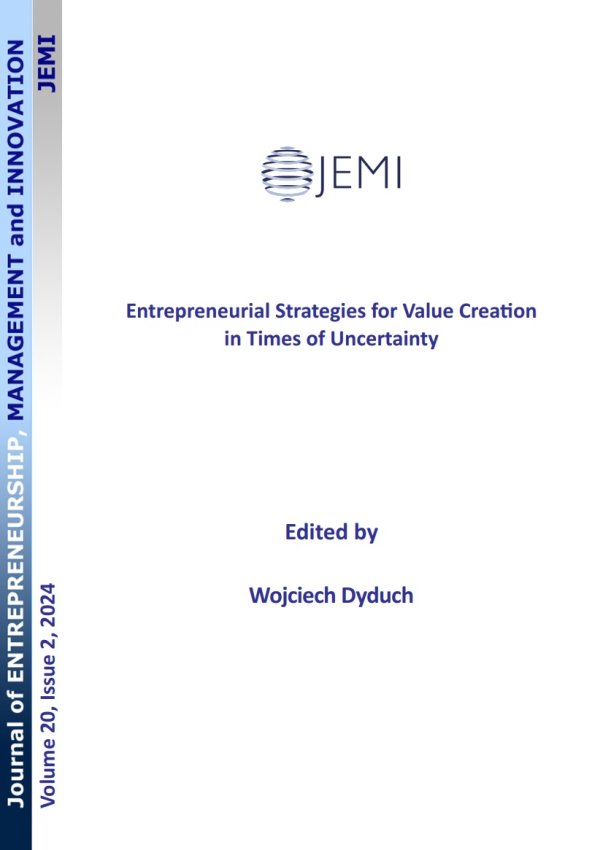Ximena Alejandra Flechas Chaparro, Ph.D. student. Faculty of Economics, Administration, and Accounting, University of São Paulo, Brazil. Avenida Professor Luciano Gualberto, 908 - Butantã - São Paulo/SP - 05508-010, Brazil, e-mail: This email address is being protected from spambots. You need JavaScript enabled to view it. 
Ricardo Kozesinski, Ph.D. candidate. Faculty of Economics, Administration, and Accounting, University of São Paulo, Brazil. Avenida Professor Luciano Gualberto, 908 - Butantã - São Paulo/SP - 05508-010, Brazil, e-mail: This email address is being protected from spambots. You need JavaScript enabled to view it.
Alceu Salles Camargo Júnior, Associate Professor at the Faculty of Economics, Administration, and Accounting, University of São Paulo, Brazil. Avenida Professor Luciano Gualberto, 908 - Butantã - São Paulo/SP - 05508-010, Brazil, e-mail: This email address is being protected from spambots. You need JavaScript enabled to view it. 
Abstract
Purpose: Several scholars have pointed out that absorptive capacity (AC) is critical for the innovation process in large firms. However, many other authors consider startups as key drivers for innovation in the current global economy. Therefore, this article aims to identify how the concept of AC has been addressed in the new venture context. Methodology: A systematic literature review analyzing 220 papers published between 2001 and 2018. Findings: The systematic literature review identifies three clusters of research addressing AC in startups: Knowledge, Innovation, and Performance, along with the central authors of the discussion, the main contributions, theoretical references, and their future research agenda guidelines. Implications for theory and practice: This study contributes to the innovation and entrepreneurship literature by connecting the importance of AC and new venture creation, and providing a better understanding of how entrepreneurs could enhance their innovative processes. Originality and value: Based on the analysis of the literature review, a framework that differentiates knowledge acquisition strategies for new ventures was created. The framework categorizes the strategies according to the knowledge source (i.e., internal or external) and the degree of intentionality (i.e., formal or informal).
Keywords: innovation, absorptive capacity, startups, new ventures, entrepreneurship






